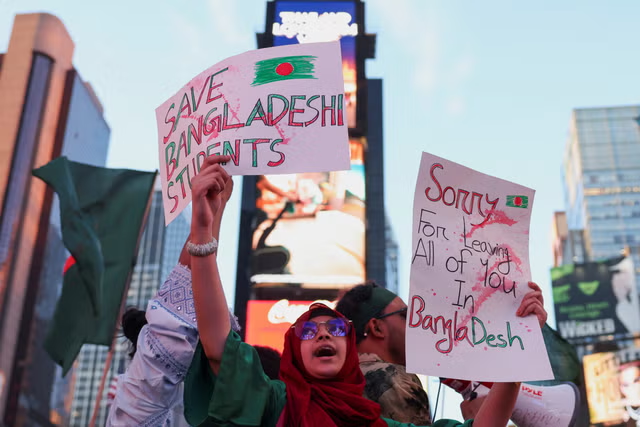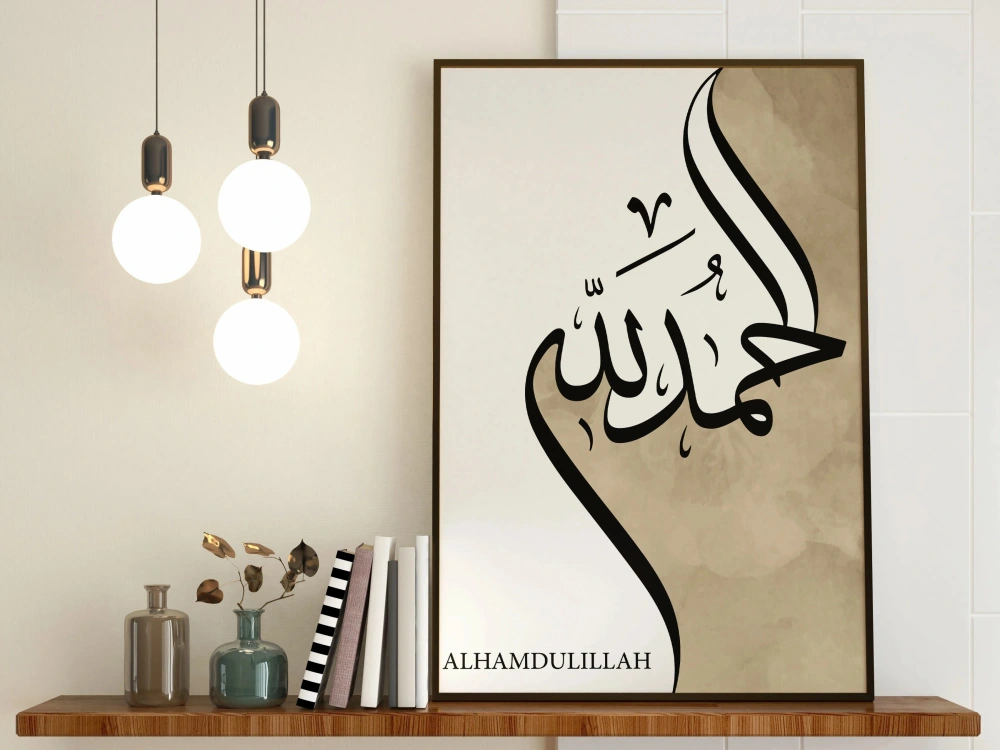Alisha Rahaman Sarkar,Shweta Sharma
Bangladesh has imposed a national curfew and the army has been deployed after 105 people died in the bloodiest protests for a decade, after student protesters stormed a prison and freed inmates.
A communication blackout has been in place since Thursday, including the suspension of mobile data and text message services, as prime minister Sheikh Hasina’s government faces one of the sternest tests of her 15 years in power.
Streets that have witnessed the most violent scenes of clashes between students and security forces were deserted on Saturday as soldiers patrolled following the week-long unrest.
Why are students protesting?
Hundreds and thousands of students have taken to the streets demanding an end to a quota system that reserves up to 30 per cent of government jobs for relatives of veterans who fought in Bangladesh’s war of independence in 1971 against Pakistan.
The protests began late last month but tensions escalated on Monday when student activists at Dhaka University, the country’s largest, clashed with police and a counter-protest inflamed the situation.
The students alleged the protests were peaceful until earlier this week, when the student wing of the ruling Awami League party attacked the protesters. Hundreds of people, including the police, have suffered injuries since.
Police and security officials fired bullets and tear gas at protesters in Bangladesh on Friday as the authorities cut off internet and mobile services following deadly clashes in the capital Dhaka and other major cities.
The fresh clashes follow the bloodiest day of the protests to date, which led to the death of 22 people on Thursday 18 July, mostly undergraduate students, as protesters attempted to impose a “complete shutdown” in the country.
At least two journalists were among those killed during the violence. “I am shot at but will continue my work after dressing at hospital,” wrote journalist Muktadir Rashid on X.
What has happened so far?
On Friday, hundreds of protesters stormed the central Dhaka district of Narsingdi and freed over 850 inmates before setting fire to the facility, TV channels reported.
Despite the curfew, scattered incidents of arson were also reported on Saturday.
A “shoot-on-sight” order was also in place along with the curfew, giving security forces the authority to fire on mobs in extreme cases, said lawmaker Obaidul Quader, the general secretary of the ruling Awami League party.
“The government has decided to impose a curfew and deploy the military in aid of the civilian authorities,” a government spokesperson said late on Friday.
Major government websites, including of the central bank and the prime minister’s office, appeared to have been targeted by hackers. A group which called itself “THE R3SISTANC3” was reported to be behind the hacking. “Operation HuntDown – Stop Killing Students,” it said in identical messages on both sites seen on Friday, adding in bright red font, “It’s not a protest any more. It’s a war now.”
Most television news channels in Bangladesh were off the air on Friday after thousands of protesters stormed the headquarters of the state broadcaster BTV, vandalised furniture, smashed windows, and set fire to parts of the building.
What is the quota system?
As well as reserving nearly a third of government jobs for family members of veterans of the 1971 war of independence, the quota system also reserves government jobs for women, disabled people and members of ethnic minorities.
However, students have mainly protested against jobs reserved for veterans’ families, which they claim benefits mostly supporters of Ms Hasina, whose Awami League party-led the independence movement.
The protesters have called on the government to abolish the quota for being “discriminatory” against the students, struggling amid high unemployment in a country where some 32 million young people are not in work or education. Even though job opportunities have grown in some parts of the private sector, many people prefer government jobs because they are seen as more stable and lucrative.
“We have to look out for ourselves and our future generations. We need jobs in this country, we are already suffering from the lack of it,” said Alam Rashid, a student from Dhaka. “We have invited the government to have a conversation with us multiple times, instead she [Sheikh Hasina] just unleashed her police force on us,” he told The Independent.
Ms Hasina’s government had halted the job quotas following mass student protests in 2018, but last month, the High Court nullified that decision and reinstated the quotas after relatives of the 1971 veterans filed petitions.
The Supreme Court then suspended that ruling pending an appeal hearing. The court will take up the matter on Sunday.
The Awami League and the BNP have often accused each other of fuelling political chaos and violence, most recently ahead of the country’s national election, which was marred by a crackdown on several opposition figures while Hasina’s government accused the party of attempting to disrupt the vote.
Ms Hasina on Wednesday urged protesters in a televised address to “wait with patience” for the court verdict: “I believe our students will get justice from the apex court. They will not be disappointed.”
Her law minister, Anisul Huq, said the government was willing to talk to the protesters, insisting, “Whenever they want to sit in the discussion, it will happen.”
Earlier in the week the government suspended university classes indefinitely and asked students to vacate the dorms immediately.
“What is unfolding in Bangladesh is deeply unsettling for a generation that only asked for a fair opportunity in public service recruitment. That a peaceful protest against a state policy would slip into the peak of lawlessness shows the government’s lack of farsightedness and inefficient policy governance,” said Saad Hammadi, policy and advocacy manager at the Canada-based Balsillie School of International Affairs.
“The internet shutdown makes matters worse. Local news sites are inaccessible, and people in the country are left incommunicado with the rest of the world all in the pretext of conducting sweeping operations by the state that have often resulted in serious human rights violations,” he told the Associated Press.
The US and the UN have raised concerns about the ongoing protests and called for “restraint from all sides”.
India, one of Bangladesh’s strongest allies, issued an advisory on Thursday for its residents living in the embattled country. The embassy asked Indian citizens to “avoid local travel and minimise their movement outside their living premises”.
The Independent has reached out to India’s home ministry for a comment.










